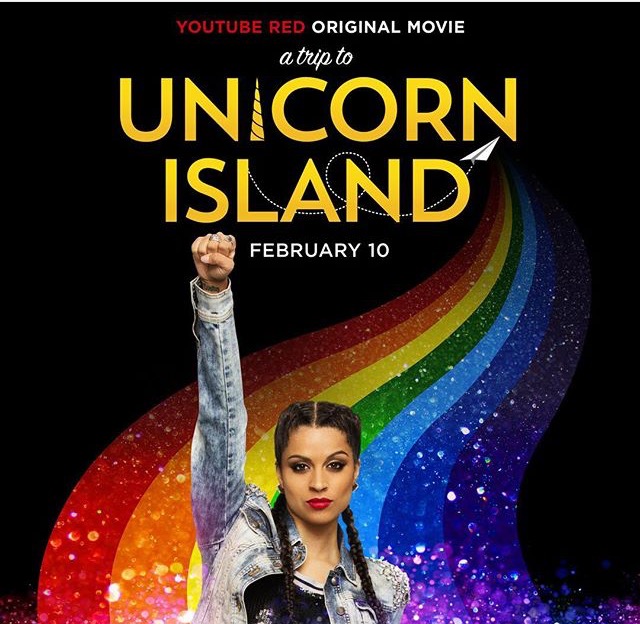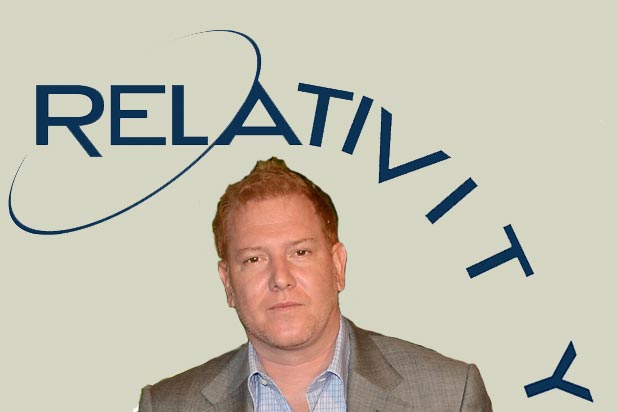by: Sophia Malik

AT&T and DirecTV logos [1]
Company
AT&T is a leading global telecommunications company with many subsidiaries and business ventures, including DirecTV and Cricket Wireless. Its services and products include wireless communications, data/broadband and Internet services, video services, local exchange services, long-distance services, telecommunications equipment, managed networking and wholesale services [2]. Recently, the company has been working to improve employee relations, improve the brand name, and invest in new streaming technology to appeal to the ever-profitable millennial target audience.
Background
In 1876, Alexander Graham Bell invented the telephone. That was the foundation of the company that would become AT&T – a brand that is now intimately tied with innovation in communications.

_ Alexander Graham Bell with the first telephone [3]
Twelve years later, the Telecommunications Act of 1996 drove major changes in the competitive landscape. SBC expanded its U.S. presence through a series of acquisitions, including Pacific Telesis Group (1997) and Ameritech Corp. (1999). In 2005, SBC acquired AT&T Corp., creating the new AT&T, a leader in global communications for businesses. The acquisition of BellSouth in 2006 consolidated the ownership of Cingular Wireless.
AT&T led one of the most significant transformations in communications since the invention of the telephone: the birth of the mobile Internet. In 2013, AT&T bought Cricket to give customers in the growing prepaid market more access to mobile Internet services. In 2015, they completed their purchase of 2 Mexican wireless companies, Iusacell and Nextel Mexico. Today, they are encoiraging smartphone adoption and on their way to becoming a leading wireless provider in that country, too. Their 2015 acquisition of DIRECTV makes them the world’s largest pay TV provider.
Randall Stephenson, AT&T CEO talks DirecTV acquisition [4]
Today, AT&T’s share price is $38.21 [5]. This number is the result of a nearly 6% increase in EPS. [6]
Stock Price [7]
Key Executives

Randall Stephenson, Chief Executive Officer (2007-current) [8]

David S. Huntley, Chief Compliance Officer (2014-current) [8]

Ralph de la Vega, Chairman of AT&T Inc. (2016) [8]

Lori Lee, Senior Executive Vice President and Global Marketing Officer, AT&T Inc. (2015-current)[8]
Online Content

Fullscreen Streaming Service [9]
With the goal of staying relevant in the increasingly social world, AT&T is launching a new streaming service, debuted through their DirecTV platform on April 26th, 2016. This streaming service, Fullscreen, targets a younger generation of 18-35 year olds who attain much of their TV watching through online portals and OTT services. ATT&T will co-produce premium content that will air both on fullscreen subscription video on demand service and on a Fullscreen programming block on AT&T’s AUDIENCE, available to DIRECTV and U-verse TV subscribers [10].
AT&T Restructuring
Along with a changing platform for providing content, AT&T is experiencing changes throughout the entire company. Most of the changes occurring in the company today stem from the desire to evolve into the digital sphere of providing entertainment. However, the companies attention to human resources and customer relations, as in their employee initiative which helps to mentor young students [11]. They have also been spending more on advertising. AT&T spent “more than $109 million on video advertising and claimed 60.7 percent of all consumer engagements in the wireless industry from March 16 to April 15” [12]. There is also a more sustained focus on customer satisfaction and fairness. As part of a deal with the FCC in leu of last year’s merger with DirecTV, AT&T is offering $5 internet for low-income families. [13]
Sources
[1] AT&T and DirecTV. Digital image. Https://s.yimg.com/uu/api/res/1.2/KyvjY0LgpQZ463vTiwNjVA–/aD01NjM7dz0xMDAwO3NtPTE7YXBwaWQ9eXRhY2h5b24-/http://media.zenfs.com/en_US/Entertainment/Variety/directtv-att.jpg. N.p., n.d. Web. Apr. 13.
[2] AT&T Company Profile | Reuters.com.” Reuters. Thomson Reuters. Web. 13 Apr. 2016.
[3] “Telephone Call.” SpringerReference. http://cdn.history.com/sites/2/2013/11/alexander-graham-bell-makes-telephone-call-AB.jpeg. Web. 13 Apr. 2016.
[4] “AT&T Completes DIRECTV Acquisition | AT&T.” YouTube. N.p., n.d. Web. 12 Apr. 2016.
[5] “AT&T Publishes 2015 Annual Report.” Investor Relations News, Financial Reporting for T:NYSE. N.p., n.d. Web. 15 Apr. 2016. <http://www.att.com/gen/landing-pages?pid=5718>.
[6] “AT&T Publishes 2015 Annual Report.” Investor Relations News, Financial Reporting for T:NYSE. N.p., n.d. Web. 15 Apr. 2016. <http://www.att.com/gen/landing-pages?pid=5718>.
[7] “AT&T Inc.” : NYSE:T Quotes & News. N.p., n.d. Web. 20 Apr. 2016. <https://www.google.com/finance?q=NYSE:T>.
[8] “Executive Bios Landing Page | AT&T Investor Relations | AT&T.” Executive Bios Landing Page | AT&T Investor Relations | AT&T. N.p., n.d. Web. 11 Apr. 2016. <http://www.att.com/gen/investor-relations?pid=7811>.
[9] Fullscreen Logo. 2016. Arm Digital. Web. 14 Apr. 2016. <http://armdigital.in/site/wp-content/uploads/2014/06/Fullscreen.jpg>.
[10] “AT&T Has Signed on as the Premier Launch Sponsor for Fullscreen | AT&T.” AT&T Has Signed on as the Premier Launch Sponsor for Fullscreen | AT&T. AT&T, n.d. Web. 24 Apr. 2016. <http://about.att.com/newsroom/premier_launch_sponsor_for_fullscreen.html>.
[11] “AT&T Employees Mentor 1 Million Hours, Surpassing Goal – AT&T People | Planet | Possibilities.” Www.about.att.com. N.p., n.d. Web. 15 Apr. 2016. <http://www.about.att.com/content/csr/home/blog/2016/01/at_t_employees_mento.html>.
[12] Gibbs, Collin. “AT&T Spends $109M to Reclaim ‘king of Wireless TV Advertising’ Crown.” FierceWireless. N.p., n.d. Web. 15 Apr. 2016. <http://www.fiercewireless.com/story/att-spends-109m-reclaim-king-wireless-tv-advertising-crown/2016-04-25>.
[13] CNN Wire. “AT&T Offering $5 Internet to Low-income Families.” WGNTV. N.p., 2016. Web. 24 Apr. 2016. <http://wgntv.com/2016/04/24/att-offering-5-internet-to-low-income-families/>.



![Co-Founder: Chad Hurley [8]](https://bejone03.expressions.syr.edu/trf235/files/2014/04/Chad_Hurley-200x300.jpg)





![Google's Stock plummeted after its Q1 Earnings Report [14]](https://bejone03.expressions.syr.edu/trf235/files/2016/02/Screen-Shot-2016-04-25-at-2.05.18-AM-300x275.png)

























![Curious George [17]](https://bejone03.expressions.syr.edu/trf235/files/2016/02/Curious-George1-300x109.png)
![[14]](https://bejone03.expressions.syr.edu/trf235/files/2016/02/tumblr_static_logo-1.jpg)














.jpg/revision/latest?cb=20130620050055)





![Screenshot of Relativity Media's upcoming film slate direct from their corporate website [16].](https://bejone03.expressions.syr.edu/trf235/files/2016/02/Screen-Shot-2016-04-24-at-11.27.48-PM-300x200.png)






















